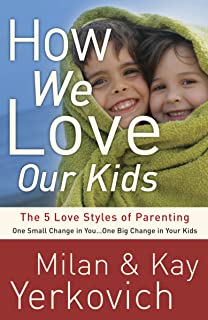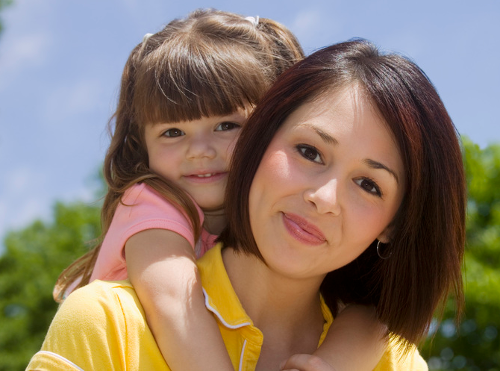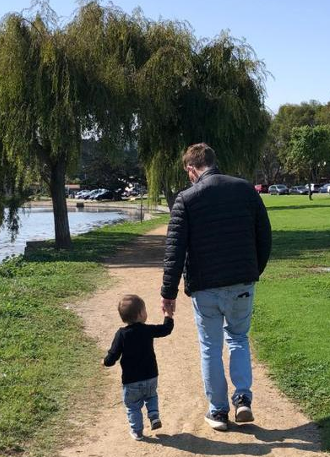 A new book by Counselors Milan & Kay Yerkovich
A new book by Counselors Milan & Kay Yerkovich
This excellent and much-needed new book (released in March of 2018) has already become a valuable resource for parents from all different cultures with all different needs.
 How We Love Our Kids brings us an entirely new and refreshing way of looking at parenting that really strikes a chord with my educational philosophy of “caring to educate”. Instead of being another book filled with helpful parenting “how-to” advice (many of which have been “bread and butter” in my own parenting journey), this unique book helps us explore the often unseen yet powerful forces of our own upbringing and how they have shaped the way we parent.
How We Love Our Kids brings us an entirely new and refreshing way of looking at parenting that really strikes a chord with my educational philosophy of “caring to educate”. Instead of being another book filled with helpful parenting “how-to” advice (many of which have been “bread and butter” in my own parenting journey), this unique book helps us explore the often unseen yet powerful forces of our own upbringing and how they have shaped the way we parent.
Drawing from their previous and extremely thorough book How We Love, the authors do a fascinating job of identifying five different types of parents (based on their upbringing), and give valuable tools that not only help us understand how our uniquely responsive children have been affected by the way we parent them, but how to love them into healthier adults than we may even be.
“When parents just react to bad behavior, or take it as personal rejection, or a sign of their inadequacy, an escalating negative pattern is often the result. Reactivity fuels reactivity. Understanding and validation always reduces it.” 1
 In How We Love our Kids, Milan and Kay Yerkovich (a married Counselor and Marriage and Family Therapist respectively) answer questions like
In How We Love our Kids, Milan and Kay Yerkovich (a married Counselor and Marriage and Family Therapist respectively) answer questions like
- “What is the one thing that was missing in the childhood of every single person we have counseled?”
- "What are the six most important gifts I can give my child and how can I give them?”
- “Why do kids who are well adjusted and bonded protest when separation occurs?”
- “Why do some parents expect much much too soon from their preschoolers?”
Just before the amazing “Parents Tool box” appendix, the last section is aptly titled “The Healing Journey for Parents and Children”. In this, the Yerkovich's address how to care for the introverted, free spirited, sensitive, determined or premature child. And lest you dads think this is (what my husband would call) a “chick flick” book, ask yourself if you don't have at least one of these kids or were one yourself .
As a result of this eye-opening book, we should all be asking and knowing better how we can love our kids in ways that surpass even the greatest of our parents.
--–Janice Morris, Director
1. pg. 147 Part I, Section 5: The Vascillator child (from How We Love Our Kids)
